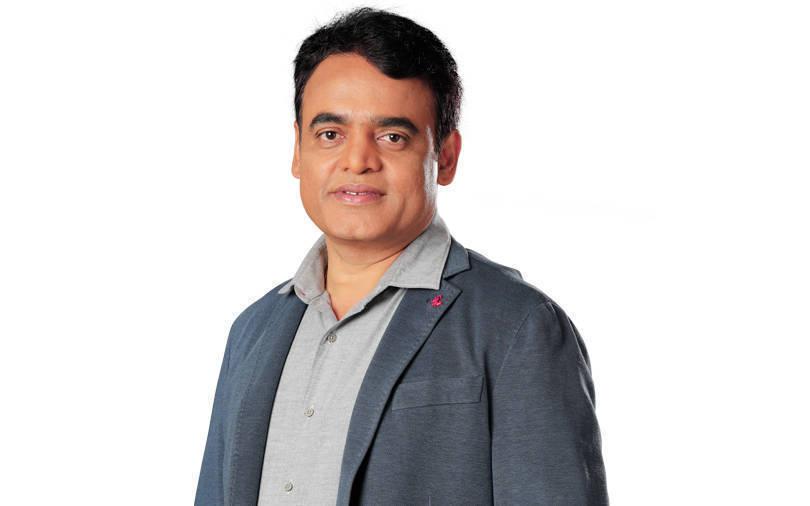Dr Ashwathnarayan CN is minister of higher education, information technology & biotechnology and science & technology, skill development, entrepreneurship and livelihood in the government of Karnataka. He is also a man of many parts -- an educationist, healthcare entrepreneur and philanthropist. He was also the 10th deputy chief minister of Karnataka.
In an interview on Thursday, Dr Ashwathnarayan explained why he believes the 'ease of doing business' in Karnataka is much smoother than in other states. He also shared his thoughts on startups, gig workers, role of unions in this tech economy, and measures to improved bandwidth, power failures and mobility in Karnataka. Edited excerpts:
How is Karnataka looking to improve mobility, roads, electricity consumption, internet bandwidth--all of which are very crucial as an ecosystem for startups?
For internet bandwidth, we have come up with a telecom policy, where we will coordinate with telecom service and interface providers to address the challenges. We are looking to increase the overall internet coverage in Karnataka. In terms of mobility, there are challenges and we are working to strengthen public transport. We are also seeing progress in metro systems in Bangalore. We are also strengthening link roads and peripherical ring roads. Once we execute these projects, I think we can see a spike in the city’s overall productivity.
When you say ‘ease of doing business', what are you offering that other states are not?
In our department, we have established an innovation and technology society. Through this, we are addressing the gaps and requirements of industries in terms of doing business. In terms of policies, we have come up with IT policies which we have renamed Beyond Bengaluru. Other than this, we have established vision groups with industry veterans one of them is the KDEM- Karnataka Digital Economic Vision group, here we are working with institutions like Nasscom to implement new policies around various industries including start-ups.
Are these vision groups just committees that the government runs?
The difference here is that we don’t want things to remain in the ideation phase. These vision groups help us to implement policies faster. This is the first of its kind other than Singapore, which follows similar practice. In terms of regulations, we are working on legal frameworks around start-ups and innovation -- we want companies to run as smoothly as possible and will work towards this goal.
As the gig economy continues its momentum, do you plan to introduce any measures to protect gig workers?
This is something new, it will eventually get streamlined but now we need to allow this to grow. The gig economy is something new. We need to allow it to grow before regulating it. Workers in these companies are one of the big stakeholders and if you don’t keep them happy, I don’t think it will be sustainable in long term. They'll be missing important stakeholders if worker rights are not respected.
But Bangalore did make business difficult for startups such as for Ola Cabs, following union protests. Do you think this was a hasty decision?
I don’t think we regulated them to such an extent. We have been very reasonable with them. Most of the concerns have been addressed and we have been working closely with all the stakeholders. Both companies and cab drivers have gone through a bad time, it was something unprecedented (COVID-19).
What do you think of unions? Are they useful in a modern tech-focused economy?
Unions played a major role in bringing many rights to the workers. I think they play a big part in the economy. If there are organized unions then communications and concerns can be addressed. I think both parties can be reasonable, this is not a zero-sum game. But we need to keep adapting to changing times as well. Today, most companies work around the clock and a small disruption can put reputations at risk. In this regard, there are a lot of limitations for employers. But nobody should take advantage of that, it is given to ensure nothing should affect the work that doesn't mean we need to take advantage of that being kind, humane for their employees should be always the topmost priority.
What are your thoughts on the influx of the migrant population with the startup boom? And how can protect them from culture wars?
Cultural integration is very important going forward, we need to emphasize a lot and bring in that kind of naturalized environment, the governments tend to ignore these aspects. Everyone thinks economy, making money and business is everything but this is more important for long-term sustainability.
Have you done anything regarding this?
Yes, we have, I think the national education policy is the effective solution to this, the curriculum overall has been made multidisciplinary, not just about learning but social behaviors, attitude, and all these aspects. These are important aspects, I think.






